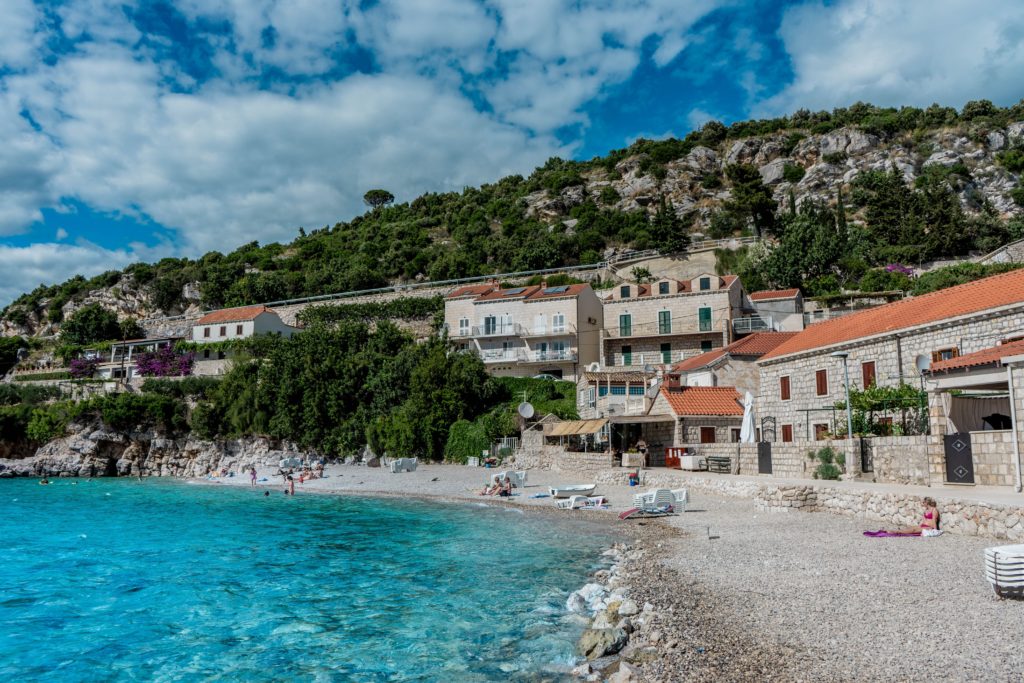The Republic of Croatia, sometimes known as Croatia, is located on the Adriatic Sea at the crossroads of central and southeast Europe. The largest city which is its capital Zagreb forms part of the country’s primary subdivision It has a population of about 4.07 million people and a land area of 56,594 square kilometers. With 19.5 percent of the people living in poverty, the country is one of the most economically unstable in the European Union. Croatia operating a mixed economic system is ranked 33rd on the list of the world’s wealthiest countries. The financial system provides room for private freedom, integrated with centralized economic planning and government regulations. Mineral resources like clays, salt, oil, coal, asphalt, etc. One prominent thing the country is known for is TOURISM. The country’s economy relies heavily on it. In 2019 the country had more than 16 million visitors and over 90 million bookings in just the first eight months.

Environment of Croatia
It’s a beautiful place to visit, and it’s also incredibly safe. According to the Global peace index, Croatia ranked 17th in the chart of peaceful countries in the world out of 163 countries. The land of Croatia offers a relaxed lifestyle, incredible and healthy foods, a lovely and friendly environment, great weather, and a good community spirit. Fascinating views from places like Dubrovnik, Pula, Plitvice lakes, greeting to the sun, Velebit National Park, Krka National Park, Korcula, etc.
Requirements
In planning your travel to Croatia it is better to hire the services of a travel and tour agency for appropriate planning. The best time to visit the country is during the summer season or month (July /August) to enjoy the beaches and coastline. One needs to bear in mind that the prices of accommodation within that period are 30-40% higher than usual as a result of the high influx of tourists. For easy and comfortable movement in within the country, it is best to use the bus transport network. The train network is really poor and not a likely way to explore the country but the buses are reliable and awesome.
Despite being part of the EU, Croatia is not part of the Schengen zone which implies that holders of the Schengen visas cannot use them in the country. Although citizens of the UK, USA, Canada, and EU members state can enter Croatia for 90-180 days without a visa so long they meet the requirements.
Work Visa
Foreigners planning to work in Croatia will need a work permit and residence permit. However, Croatia is a member of the EU, most European citizens can live and work in the country without a visa. For the foreigner to be a citizen of non-EU member states they will need a work permit and visa card from the Croatia embassy in their country. Permits for residence and work are only valid for a year. Croatia is also in alliance with the Eu Blue card Network, this card helps developing countries and it is valid for 2 years. Croatia runs a quota system of employment making job offers tough and unavailable to foreigners. Before applying for a Croatia visa it is best to have flight and accommodation reservations. Documents needed for this visa are ;
- A copy of their passport
- An employment contract
- Evidence of their company’s registration
- Proof of health insurance
- Proof of their ability to support themselves while in Croatia (bank statement)
- Proof of academic qualifications and skills
- Police clearance
Croatia is a good place to visit as a tourist, but its standard of education doesn’t attract foreign students compared to other European counterparts like Denmark or Austria.


